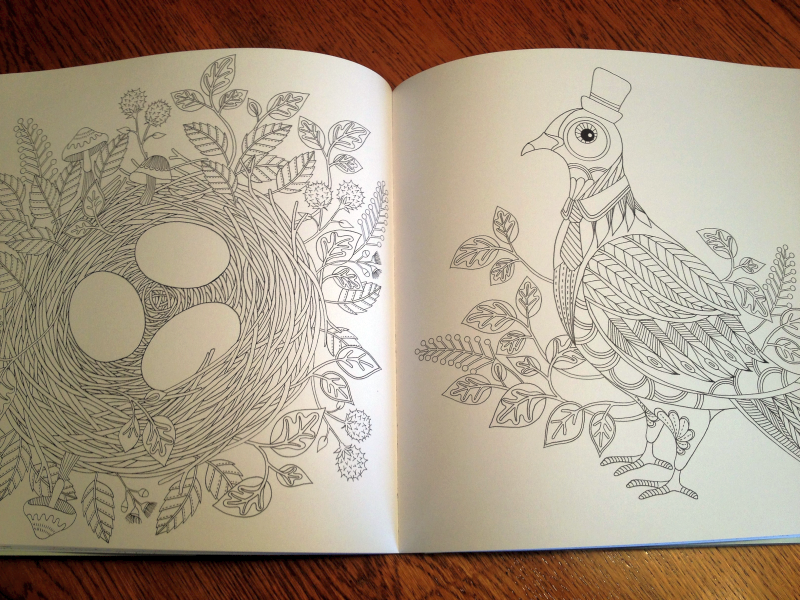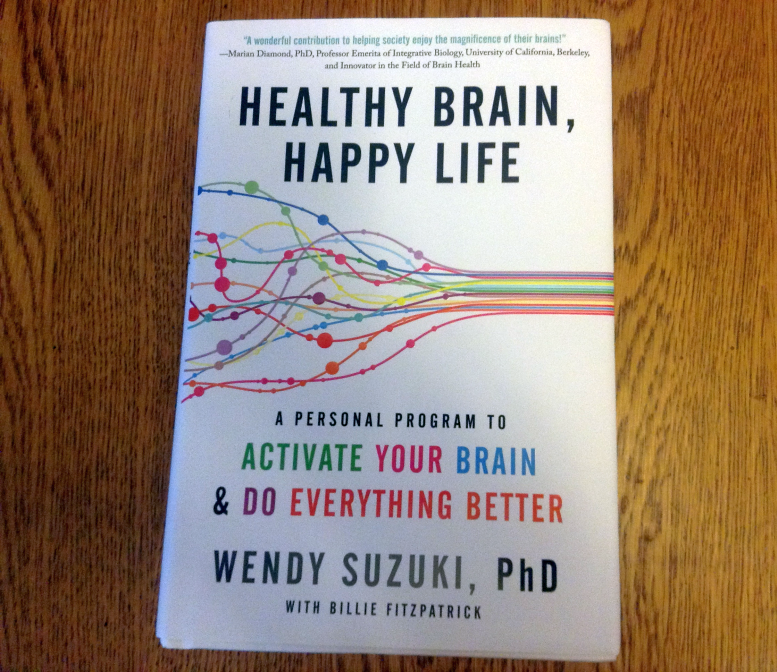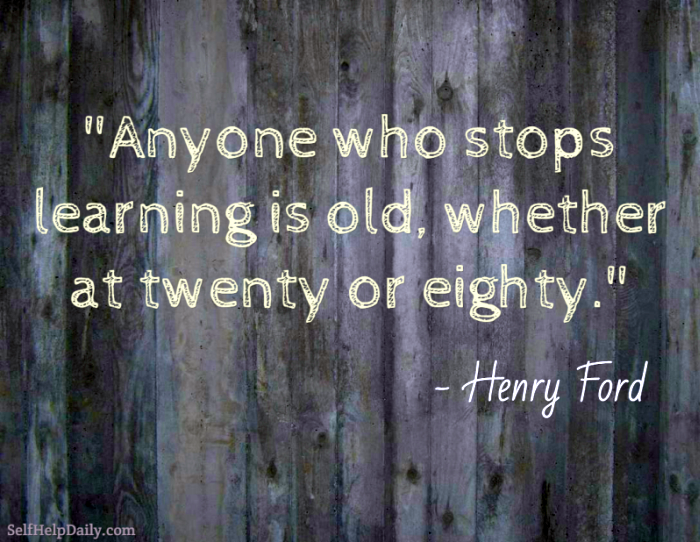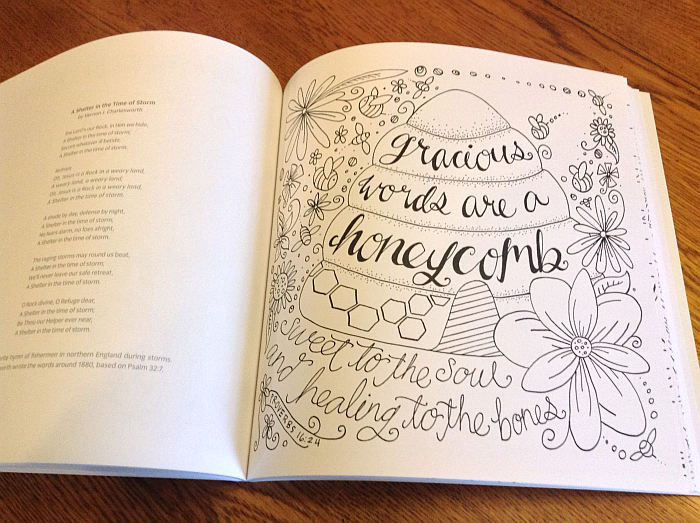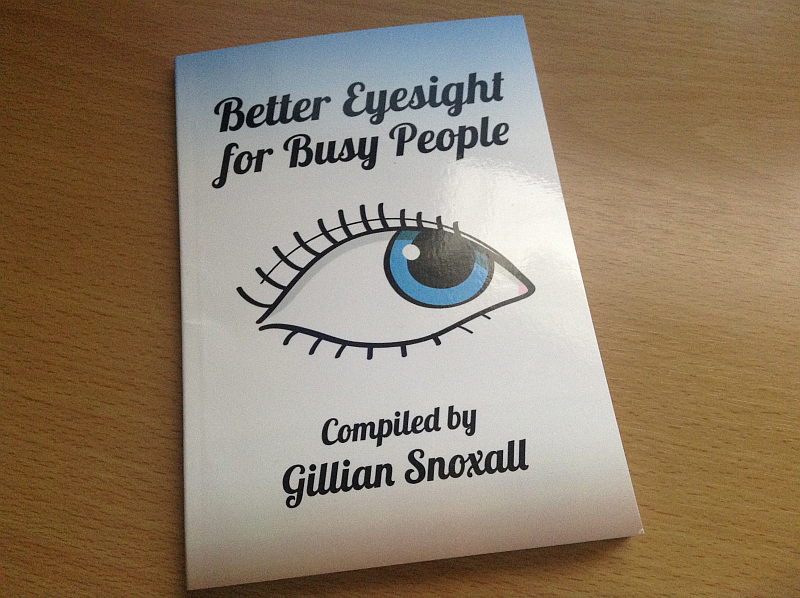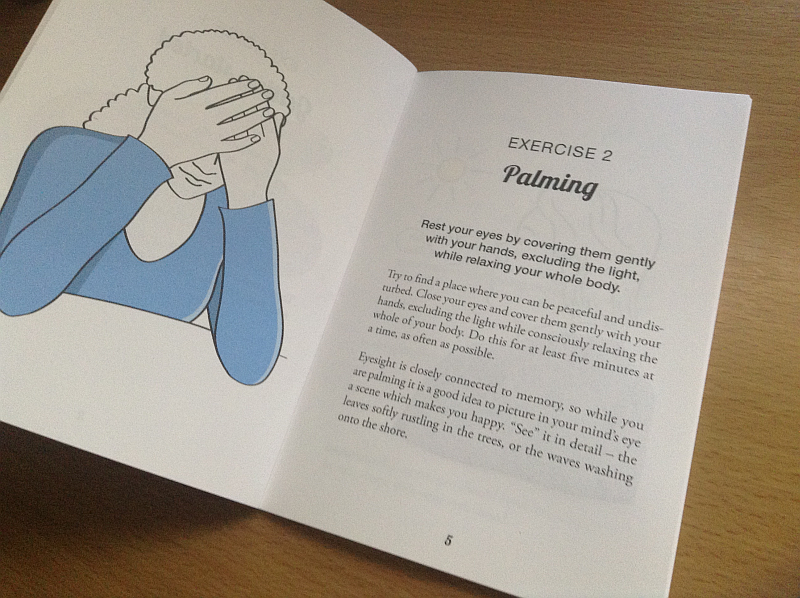
Wonderland: A Gorgeous Adult Coloring Book
Over the years, I’ve seen a lot of brilliant inventions, imaginative creations, and creative solutions to problems. I’m always blown away by the human mind and what it is capable of. Adult coloring books are one of the most inventive and downright “clever” solutions of our time. They allow free expression while giving you an outlet for creativity. What’s more, people swear by them for dealing with both stress and anxiety.
There are a flood of adult coloring books on the market, which is, if you ask me, a wonderful thing. The fact that there are so many give you the chance to find the ones that resonate most with you and your personal interests.
They also pretty much ensure that you never have to color the same picture twice…. ever!
The adult coloring book shown here, Wonderland, is one of my personal favorites. The pictures are so absolutely wonderful, looking at them makes me smile each and every time. The drawings are also intricate enough to allow you to spend plenty of time on each page. The adult coloring books with larger, simple pictures kind of defeat the point. It’s the whole process of spending time coloring the small details that allows you to relax and focus on something other than your bad day at work, your stress level, or the anxiety nagging at you in the background.
Follow the White Rabbit into this imaginative adult coloring book inspired by Lewis Carroll’s Alice’s Adventures in Wonderland, featuring intricate pen-and-ink drawings by acclaimed artist Amily Shen.
Meet the Cheshire Cat, attend the Mad Hatter’s tea party, and play croquet with the Queen of Hearts in this evocative tale that invites you into a strange and beautiful new world of coloring.
Using Adult Coloring Books for Stress Relief
Why are adult coloring books like Wonderland so effective for dealing with stress? They provide you a simple, brief amount of escapism that isn’t remotely negative or harmful.
In fact, allowing yourself to create something beautiful is actually beneficial. So you’re helping yourself by…. well… helping yourself!
You could delve into a lot of complex reasons WHY adult coloring books help you cope with stress, but I think the simplest way to describe it is this: They take your mind away from things that are weighing it down and give it a break.
Breaks aren’t just good, they’re glorious. And necessary.
If you have certain, set times when you enjoy your adult coloring books, not only is it an escape from stress at that moment, it gives you something to look forward to all day. Having something to look forward to is one of the best ways to cope with stress. Even during a particularly hectic day, your mind says, “It will be better later!”
Most people enjoy coloring in these books in the evening and notice they have the extra benefit of helping them drift off to sleep. It’s a lot easier to sleep when you’ve unloaded extra stress and burdens. Light sleep is the best sleep.
Using Adult Coloring Books to Cope with Anxiety
Many people who deal with anxiety say that it feels a lot like “pent up energy” – as though parts of your body are on high alert, expecting something… anxious for something. We’ve all experienced anxious moments, haven’t we? That’s why we’re able to sympathize with those who live in what seems like a perpetual state of an anxious moment.
While adult coloring books have the biggest reputation for helping with stress, I think a huge advantage of these books lies in how they can help individuals cope with anxiety. Sitting down with a great adult coloring book gives that anxious, nervous energy an outlet. It’s as though you can corral all of that energy and give it something to do.

Wonderland is Filled with Intricate Pictures
This is one beautiful and highly enjoyable adult coloring book and I’ll let you in on a little, not so well-kept secret: They’re impossibly fun for everyone….
- If you regularly feel stress or simply have occasional stressful days.
- Whether you deal with anxiety on an almost daily basis or simply feel anxious because of work or health-related issues.
- Even if you are a rare bird who seldom ever feels stress or anxiety, you will love expressing yourself and getting in touch with your creative, artistic side again. Sadly, most of us abandon this side of ourselves when we graduate. Adult coloring books help bring back creativity, along with all of its rich benefits.
I highly recommend Wonderland – you will absolutely love every single page.
~ Joi (“Joy”)
P.S. If you use small-tipped markers instead of coloring pencils, you’ll achieve much more vibrant pictures!
